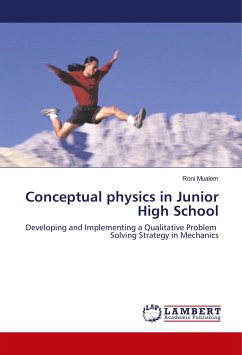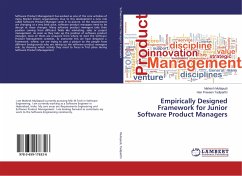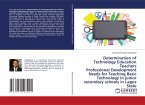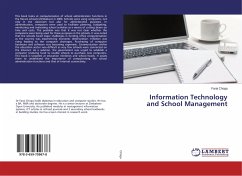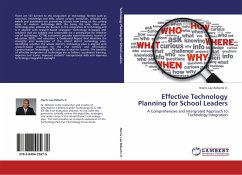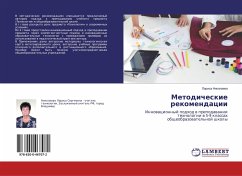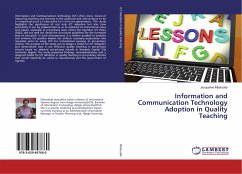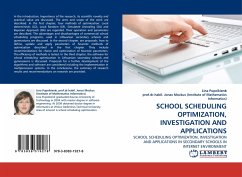Studies indicate that qualitative understanding of
phenomena, as expressed in students' explanations
and predictions, is not satisfactorily achieved by
most high schools and college graduate students.
Even after instruction of basic domains such as
introductory mechanics, students conceptual
understanding of topics remains almost unchanged.
We argue that it can be done by unpacking the
difficulties that are faced in this domain and by
developing a method that responds to these problems
discussed above. More specifically, we suggest that
it is advisable to choose tasks that focus on
explaining and predicting relevant everyday
situations in the chosen domain (mechanics), and to
provide students (and teachers) with conceptual
basis as well as cognitive tools to carry out such
tasks. These tools are derived from a qualitative
problem solving strategy for explaining and
predicting phenomena that deal with interactions,
forces and motion.
We also argue that teachers professional
development in this domain is the key to any future
change and implementation of new methods for
advancing the teaching of physics.
phenomena, as expressed in students' explanations
and predictions, is not satisfactorily achieved by
most high schools and college graduate students.
Even after instruction of basic domains such as
introductory mechanics, students conceptual
understanding of topics remains almost unchanged.
We argue that it can be done by unpacking the
difficulties that are faced in this domain and by
developing a method that responds to these problems
discussed above. More specifically, we suggest that
it is advisable to choose tasks that focus on
explaining and predicting relevant everyday
situations in the chosen domain (mechanics), and to
provide students (and teachers) with conceptual
basis as well as cognitive tools to carry out such
tasks. These tools are derived from a qualitative
problem solving strategy for explaining and
predicting phenomena that deal with interactions,
forces and motion.
We also argue that teachers professional
development in this domain is the key to any future
change and implementation of new methods for
advancing the teaching of physics.

